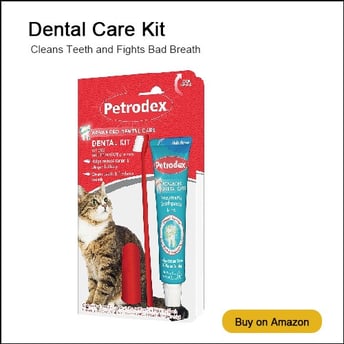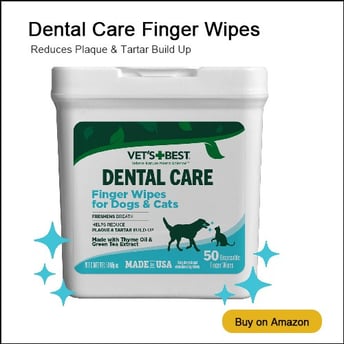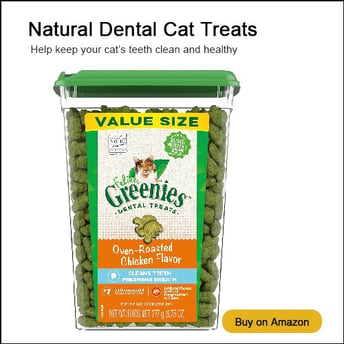How to Maintain Your Cat’s Oral Health
7/1/20243 min read


Maintaining your cat's oral health is crucial for their overall well-being. Dental problems are common in cats and can lead to pain, difficulty eating, and other health issues if left untreated. Here are some essential tips to help you take care of your cat’s teeth and gums, ensuring they stay healthy and happy.
1. Regular Dental Check-ups
Just like humans, cats need regular dental check-ups. Schedule annual veterinary visits to have your cat's teeth and gums examined. Your vet can identify early signs of dental disease and recommend appropriate treatments. Professional cleanings might be necessary to remove tartar and plaque build-up that home care cannot address.
This site contains product affiliate links. We may receive a commission if you make a purchase after clicking on one of these links at no cost to you.
2. Daily Brushing
Brushing your cat's teeth is one of the most effective ways to prevent dental disease. Use a cat-specific toothbrush and toothpaste, as human products can be harmful to cats. Start by getting your cat used to having their mouth touched, then gradually introduce the toothbrush and toothpaste. Aim to brush your cat's teeth daily, or at least several times a week, to keep plaque and tartar at bay.


3. Dental Treats and Chews
Dental treats and chews can help reduce plaque and tartar build-up. Look for products approved by veterinary dental organizations, as these have been tested for their effectiveness. These treats can be a useful supplement to brushing, but they should not replace regular dental care.
4. Diet and Nutrition
Feeding your cat a balanced diet is essential for their overall health, including their dental health. Dry kibble can help reduce plaque build-up compared to wet food, but some cats may need a combination of both. Special dental diets are available that are formulated to promote oral health. Consult your veterinarian to determine the best diet for your cat.ons associated with dental disease.


5. Water Additives and Oral Rinses
Water additives and oral rinses can be a convenient way to support your cat's dental hygiene. These products contain ingredients that help reduce bacteria and freshen breath. Add water additives to your cat's drinking water as directed, and use oral rinses as recommended by your veterinarian.
6. Monitoring for Dental Problems
Regularly check your cat's mouth for signs of dental problems. Look for red, swollen, or bleeding gums, loose or missing teeth, and bad breath. Cats are good at hiding pain, so changes in eating habits or grooming behavior can also indicate dental issues. If you notice any of these signs, schedule a veterinary appointment promptly.
7. Providing Safe Chew Toys
Chew toys can help keep your cat's teeth clean and strong. Ensure the toys are designed for cats and are made from safe, non-toxic materials. Avoid giving your cat hard objects that could break their teeth, such as bones or hard plastic toys.
Conclusion
Maintaining your cat’s oral health requires a combination of regular veterinary care, daily brushing, proper diet, and the use of dental products. By taking these steps, you can prevent dental diseases and ensure your cat has a healthy mouth. Good dental hygiene is essential for your cat’s overall health and quality of life, so make it a priority in your pet care routine. With consistent care and attention, you can keep your cat's teeth and gums healthy, preventing pain and other complications associated with dental disease.


Related Articles
Purrfect Meow
Join our Meow community
© 2024. All rights reserved.
PurrFectMeowSeven is a participant in the Amazon Services LLC Associates Program, an affiliate advertising program designed to provide a means for sites to earn advertising fees by advertising and linking to Amazon.com. As an Amazon Associate, we earn from qualifying purchases.






